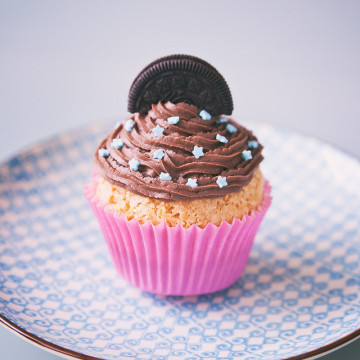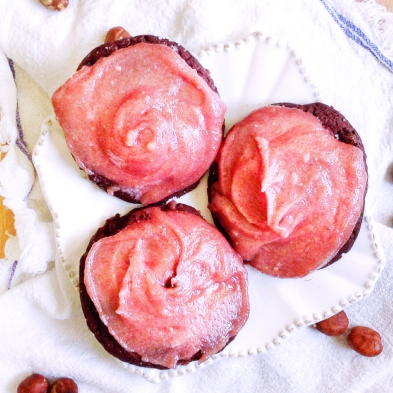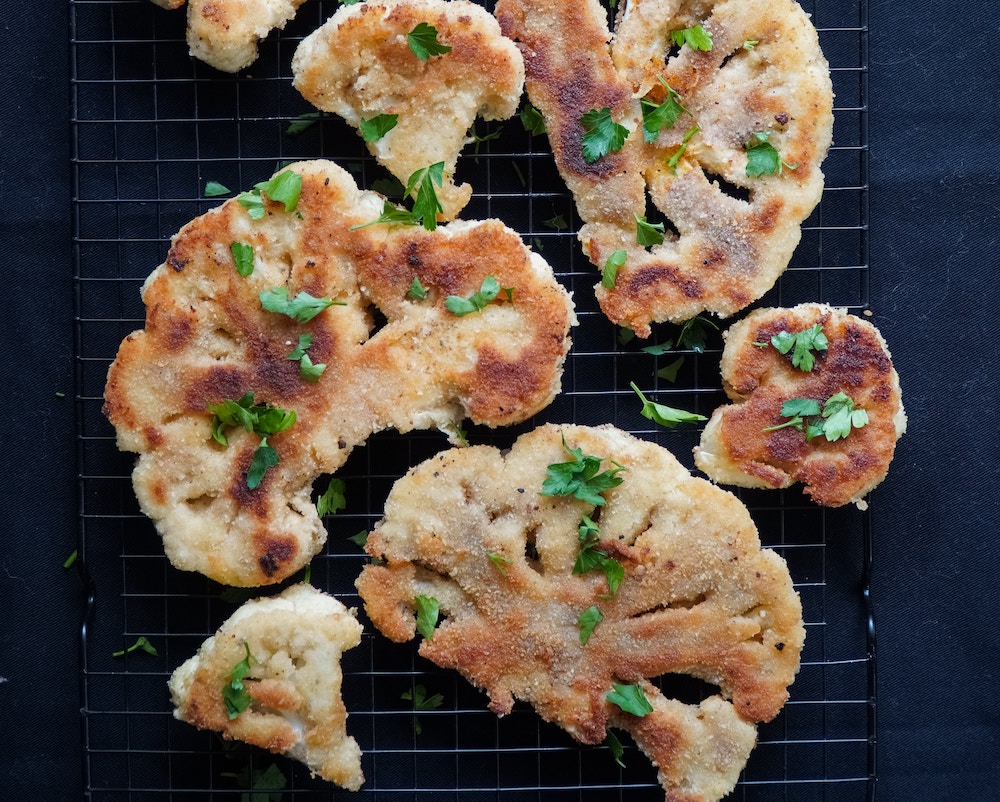 I have had a tumultuous relationship with sugar over the years. My all-time record was a six sugar-free weeks in college. After a week or so away from my lifelong passion of dessert consumption, I was surprised that I really didn’t miss it. I went back to it eventually, but found that my relationship to it had changed. I recently watched a friend quit sugar too. She felt great and was off it for a couple of months. Thanksgiving came around and we spent it with a group of dear friends and naturally, there was a plethora of belly-busting, sugary, hope-you-wore-your-fat-pants holiday desserts. I watched as she dug in, taking a “break” from her sugar fast for the holiday. As I watched — oh who am I kidding — joined in on her binge, I wondered, “is she going to be able to go back to being sugar free after this?” Nope. She didn’t go back. That was the end of it, and I watched, a tear in my eye, as she fell in love all over again.
I have had a tumultuous relationship with sugar over the years. My all-time record was a six sugar-free weeks in college. After a week or so away from my lifelong passion of dessert consumption, I was surprised that I really didn’t miss it. I went back to it eventually, but found that my relationship to it had changed. I recently watched a friend quit sugar too. She felt great and was off it for a couple of months. Thanksgiving came around and we spent it with a group of dear friends and naturally, there was a plethora of belly-busting, sugary, hope-you-wore-your-fat-pants holiday desserts. I watched as she dug in, taking a “break” from her sugar fast for the holiday. As I watched — oh who am I kidding — joined in on her binge, I wondered, “is she going to be able to go back to being sugar free after this?” Nope. She didn’t go back. That was the end of it, and I watched, a tear in my eye, as she fell in love all over again.
Sugar can be a very addictive substance: studies now show evidence that our words to describe sugar–“high,” “addicting,” “rush”–are all accurate representations of how we respond to it biochemically. In fact, a new study by scientists at MIT uncovered that our compulsive urge to eat sugary foods is actually handled by a different brain circuit than the one that governs healthy eating necessary for survival. Translation: your “body” never actually is telling you it “needs” sugar, but the part of the brain that gets high from substances like drugs is sending false signals. (So unfortunately, our sugar cravings are never physiologically justified, even when you’re expecting or really, really feel like you need that cake!)
Too much sugar in the diet can cause systemic candida that can make you depressed, tired, and foggy, and even give you vaginal yeast infections. Sugar can also make you feel poofy and bloated, cause weight gain, or flare up adult acne. Ok, ok, we get it, sugar isn’t so great for our delicate bodies.
However, there’s a marked difference between someone that drinks soda like it’s water or eats candy or packaged cookies everyday, and the person that enjoys the occasional piece of pie, a few squares of dark chocolate, or has a some birthday cake at the party. The latter is definitely more healthful than the former. The key to managing sugar in your diet for the long-term is to aim for moderation, not perfection. Here are some tips to keep your sugar levels in check.
1. Have what you really want, when you really want it: In my experience, if I take it easy on the sweets, watch my intake, and make sure I’m getting enough protein, the cravings often subside. But occasionally when I truly am in the mood for something, I do have it. I find that when a craving does hit, it’s important to honor that craving and have the thing I want, not some fake-y, diet-y version. If I want a donut, I get myself a really good donut. I find that this way the craving is gone. And gone for a long time.
2. Avoid zero calorie sweeteners: Sugar replacements like sucralose and aspartame are man-made chemicals that have been linked to certain cancers. If you are worried about calories or impact on blood sugar levels, try liquid stevia or sugar alcohols like maltitol, xylitol, and erythritol.
Vegan Pink Vanilla Hazelnut Frosting featuring erythritol
3. Know that as with anything in your life, your relationship with sugar has its ups and downs: I still have my struggles with sugar. I can feel it in the morning when I’ve had too much the day before. It’s like a hangover: My head aches, I don’t feel fully rested, and I have to drag myself out of bed. Sometimes when the sugar dependence gets really bad, the first thing in my mouth in the morning is chocolate. Just a little. Still, chocolate is not considered a part of the most important meal of the day. Even the really good kind (that Noi-Sirius extra bitter chocolate from Whole Foods is my JAM!). But overall, I’ve found that I am able to maintain a healthy relationship with it. Like any relationship does, there are ups and downs. I can tell when it’s out of control and I reign it in and cut it out for a few days. If necessary, I actually will cut it out entirely until I really crave something and am apt to truly enjoy it.
Am I defending my addiction? Could be. But it’s my health, and I’ll do what I want! Regardless, I encourage you, lovely readers, to rethink your relationship with sweet delicious sugary things and that maybe in the end, you should have that slice of cake, just one, and enjoy the heck out of it. Because YOLO.
Related: The Acne Sugar Connection
What Are Our Cravings Telling Us?
Also by Pam: What It’s Like to Have Lyme Disease
__
Photo: Mårten Persson via Flickr; Mary Hood





